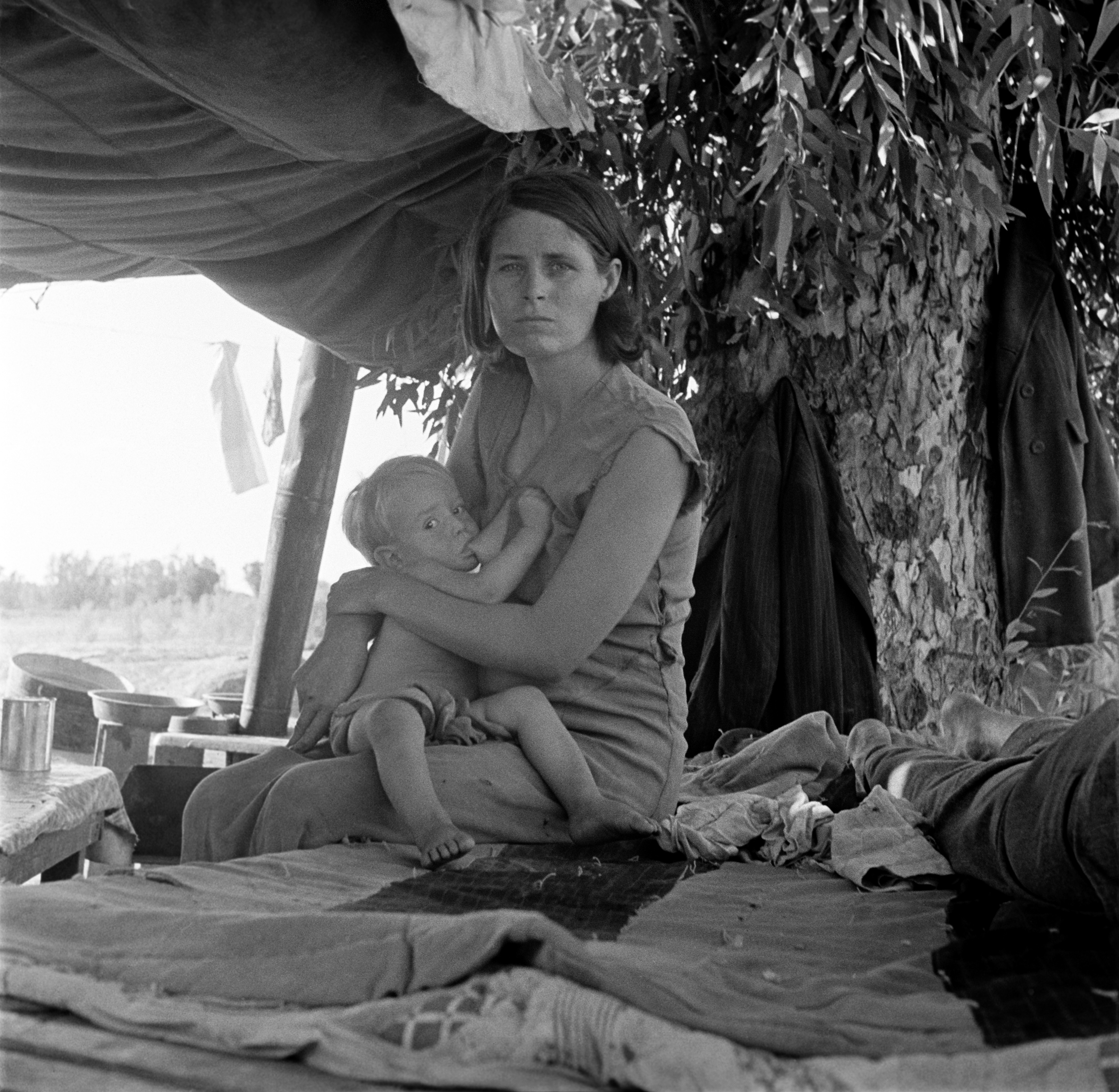The Bible is the sweeping story of a refugee people.
It’s sometimes hard to see it as such, when bishops sit in the House of Lords and American evangelicals have access to the corridors of power. But without the stories of liberation from Egypt, and the Exile in Babylon, and the Roman oppression of Israel, the whole narrative of the Scriptures falls apart. Even the words in black and white come to us not from the rarefied atmosphere of some ancient theological powerhouse but from immigrant communities remembering the destruction of their cities, their journey into exile.
And so there’s a direct link across the ages between the antisemitic plots recorded in the Book of Esther and the refugees who arrived in the UK as part of the Kindertransport; there’s a link between those fleeing Aleppo and the Book of Lamentations; people looking for economic security and the Book of Ruth.
The idea of oppression and liberation is even baked into our metaphors; “They did not receive the things promised; they only saw them and welcomed them from a distance,” says Hebrews 11, “admitting that they were foreigners and strangers on earth.” We’re called to be spiritual strangers in a strange land – doesn’t that sound like refugees, immigrants, exiles? The Bible is a story of migration with it’s roots twisting through every page. The Hebrew Bible was first compiled during the Jewish exile in Babylon, and the influence of that is woven throughout.
This, then, should influence how we look at issues such as migration and the refugee crisis. After all, the Church in the UK is strengthened by immigration; the 2011 census reported that Christianity in England had declined by 10%… but was boosted by 1.2 million Christian immigrants. That’s not valuable because of the numbers, it’s valuable because of the contribution, the experience and insight of people from Poland and Africa and from across the rest of the world. In recent years my local Methodist churches have been led by African ministers. I know a Brazilian youth worker. We have an active Chinese congregation. The churches I’m involved with aren’t weakened by diversity, they’re strengthened; we need to see immigration as a Pentecost, not a Babel.
The Church can’t run scared from immigration, and must stand against the cacophony that suggests that ‘outsiders’ are a threat. We have brothers and sisters from every nation, every tribe, and we need to proclaim that strength, standing with each other when that family is threatened.
Don’t run scared. Embrace your family. We’re stronger together.
(For an excellent overview of the Bible as a refugee narrative, check out this episode of the Broken Book podcast.)


